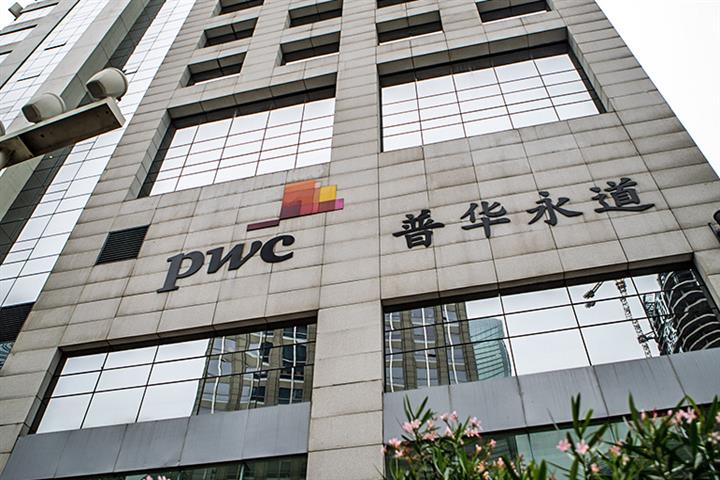 Mainland China IPOs Could Reach USD74.3 Billion Next Year, PwC Says
Mainland China IPOs Could Reach USD74.3 Billion Next Year, PwC Says(Yicai Global) Jan. 4 -- Initial public offerings on the Chinese mainland could raise as much as CNY480 billion (USD74.3 billion) this year, the most in 10 years, as favorable policies and the registration-based reform of the IPO system propel the country’s capital markets, Beijing Business Today reported, citing a new report.
Between 430 and 490 companies could list this year, according to a report released by professional services firm PricewaterhouseCoopers today.
Last year, 395 companies raised CNY471.9 billion (USD73 billion) by going public on the mainland stock exchanges, the highest amount since 2011, the report said. The number of IPOs and the capital raised recorded an increase of 97 percent and 86 percent from the same period last year, demonstrating that the bourses were little affected by the Covid-19 pandemic.
The registration-based system, as opposed to the much slower approval-based system, has helped to speed up the IPO process and more companies are using the new system to list, the report said. Shanghai’s Star Market and Shenzhen’s ChiNext Board that both use the registration-based system logged 145 and 107 IPOs respectively, much more than the 89 on Shanghai’s main bourse.
Seven of the top 10 IPOs in 2020 were on Shanghai’s Nasdaq-style Star Market, which was only launched 18 months ago. It had the most proceeds at CNY22.6 billion (USD3.5 billion), more than Shenzhen’s ChiNext and SME boards combined.
There are likely to be 170 IPOs in Hong Kong next year that could bring in between HKD420 billion (USD54.2 billion) and HKD460 billion, London-based PwC said.
The special administrative region has the chance to regain its position as the world’s top IPO destination in 2021, said Beson Wong, managing partner for corporate clients at PwC Hong Kong. This would be mainly supported by two factors, namely Chinese firms delisting in the US due to a new law that puts them under more scrutiny and the listing of more new economy sector players, he said.
Last year, Hong Kong was the second-biggest IPO market in the world, raking in USD51.3 billion, Wong added.
Editor: Kim Taylor